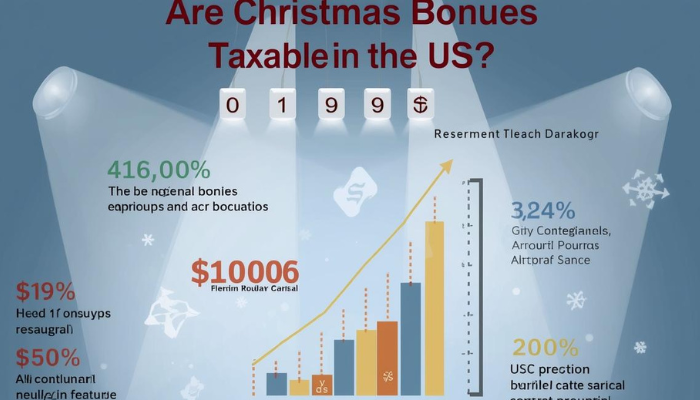
What is Tax-Exempt Interest?
Tax-exempt interest is commonly used in financial circles, but what does it mean? To know what is tax-exempt interest, our best tax consultant Houston untangles the complexities of this critical aspect of your finances, how it operates, and the implications for taxpayers.
How Does Tax-Free Interest Work?
Financial backers purchasing charges absolved securities or protections loan cash to the responsible government. In return, the financial backer gets month-to-month interest installments, by and large, liberated from government annual expenses.
The loan fee on these resources is impacted by different elements, including the guarantor’s reliability, market conditions, and span to development.
How Can You Benefit from Tax-Exempt Interest?
By comprehending what is tax-exempt interest, you can make the most from the following benefits:
Tax Savings
The capacity to save taxes is the most urgent benefit of tax-exempt interest. Investing in relevant securities enables you to get interest pay without making good on federal income tax. When compared to taxable investments, it may result in higher returns after taxes.
Diversification
Tax-exempt assets can also help investors diversify their portfolios. Municipal bonds, in particular, are famous for having a poor correlation with other asset classes like equities and corporate bonds. Including tax-exempt bonds in a well-diversified investing portfolio can assist in lowering overall risk.
Support for Local Communities
Investing in tax-exempt bonds enables investors to help their local communities by funding critical public projects. Tax-exempt bonds, whether used to create schools, hospitals, or transportation infrastructure, are essential in promoting economic growth and increasing inhabitants’ quality of life.
Considerations for Investors
While tax-exempt interest has various advantages, investors should examine a few things before investing in these instruments.
Credit Risk
Municipal bonds are not riskless. It would help if you examine the reliability of the association to decide the chance of ideal interest and head reimbursement.
Assessments from rating associations like Moody’s or Standard and Poor’s can give crucial data about the backer’s monetary well-being.
Risk of Interest Rate
Like other fixed-pay resources, charge-excluded securities are presented to loan fee risk. If loan fees rise, the market worth of current securities could fall, bringing about monetary misfortunes for financial backers who sell before development.
On the other hand, falling interest rates can boost the value of existing bonds, offering opportunities for capital appreciation.
Tax Considerations
While tax-exempt interest has nothing to do with federal income tax, it could be at risk to state or local taxes, contingent upon where the financial backer lives. You should discuss the matter with our experts to comprehend their novel expense results and design their effective money management plan accordingly.
The Bottom Line
Learning what is tax-exempt interest allows you (investor) to generate money while lowering your tax burden. You should make educated judgments about including tax-exempt assets in your portfolios by knowing how they function and considering relevant aspects such as credit risk, interest rate risk, and tax concerns.
However, it is critical to perform extensive research and obtain expert guidance from our tax advisor services to verify that tax-exempt investments align with your financial goals and risk tolerance.
Read More:


